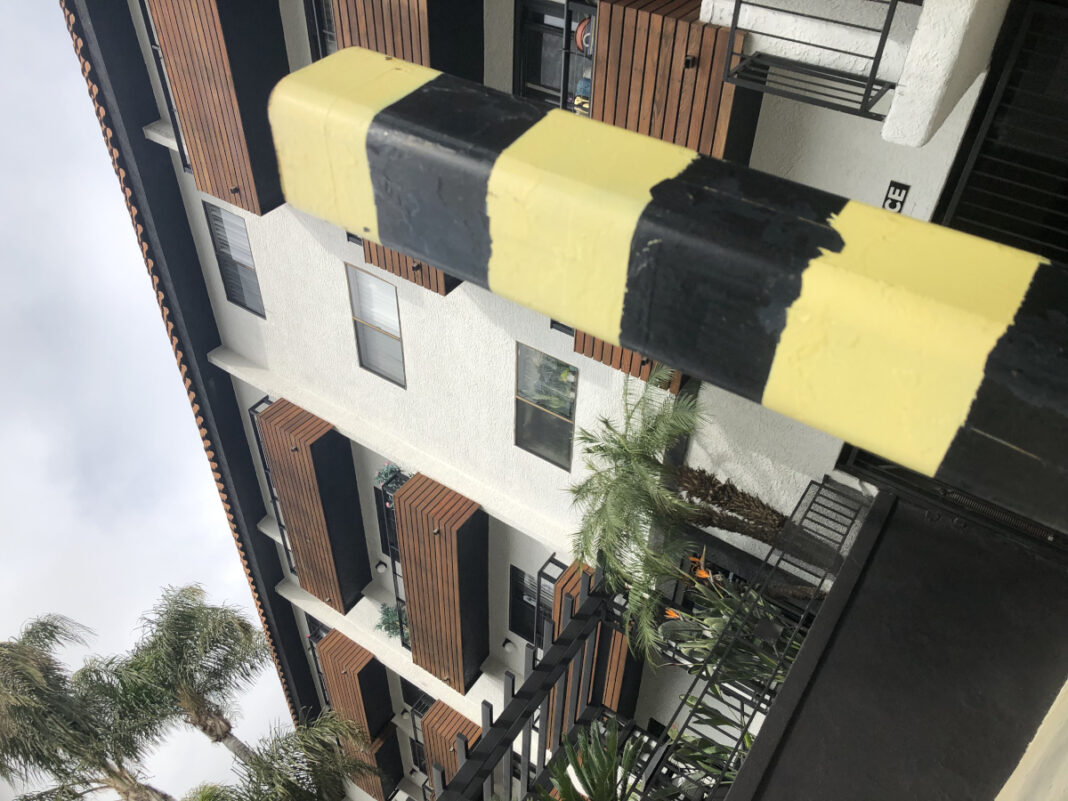UNITED STATES—It was only after proffering the first installment of the bribe to the President, General Juan Diego Arreola, that one of the adjutants to El Senor Presidente, the titular Head of State, when they were enjoying celebratory planter’s punch, did Max E. White hear any detail about Sam Delaney, who unlike Max, could not be described as an extremely devout man.
Rather, Sam, who had lived and breathed most during the first half of the century, was the prototype of the non-practicing Jew. Like the guy who lived with a critter in the rafters, Sam Delaney after taking the reins of the company again, after hearing the scratching and the gnawing he had to get up in the rafters himself: and come face to face with what the vermin was. Was it a fat mouse, a possum, a wayward squirrel, a raccoon? Systematically he had to remove all the detritus from between the rafters and the joists.
“You seem to take a lot of trips to the isthmus. Tell me the truth, Max, I think you’re going down there for some other reason.”
Sam took a deep gulp of breath. Then he came out with it, his credo of suffer in silence bid him to share with her, beyond that his stomach was in knots. I don’t tell the truth it could turn into nodes of worry and they could turn into cancer. Wait, this was his new life given by the grace Almighty, but he spit it out.
“There’s no other woman. Sometimes I wish there was.”
Sam maintained unshakable faith that he could wrest something out of a tough situation. It was the kind of steady belief that came from growing up in a part of the world stolen from the pogrom where it was sport to bury Jews in the ground up to their necks and the Cossacks ride over them, the cloven hooves turn like rotten cantaloups squirting blood.
“I go down there. To be on the ground and talk to people. I go down there to drink. It’s the only place I feel at home. It is the only place where I get treated with full respect as a Gringo.”
Sam knew just when to sew his mouth shout.
It’s not a scene that anybody who knew then could ever have imagined. Better angels. The moment conspired to let him rescind, that belief. I am going down there to talk to people. Rebecca hadn’t noticed when he walked through the warehouses and stood on the docks of fruit captains, banana vendors, the hombre. After taking the reins of the company, he got on the ground.
The old guard of Chamelecón breathed a sigh of relief. They were convinced that the Sam Delaney’s coup was just what the company needed. They had been calling for it for years. The right captain boarded the sinking ship. Those who doubted, predicted he would sink with the ship. Inefficiency riddled the company at every level. The company wallowed in debt, miserable workers, morale in the sewer. Stock at an all-time low. The company was toxic and wounded.
In Bananaland, the managers and fieldworkers raised glasses of rum to drink one for he who’d be known there as the Gringo. Now doubt about that. The return of Mr. Sam, the Gringo, was a blessing. They rejoiced. They were good employees whose carefully formulated reports about want needed to be repaired and what was what had been routinely ignored.
“That’s a hell of a way to run a company,” they groused. They were pronouncements from a regal eminence, “For reasons sufficient to Boston your request for $5,000 for an irrigation ditch. Dismissive stuff that stoked the wrath of the manages and field hands alike.
“What they’re doing is just plain wrong,” thought the people on the ground. “Sam Delaney is one of us, a roughneck, one of the banana cowboys.”
“I haven’t seen his like since the death of Major Keene.”
“There was an hombre.”
During the ides of the Great Depression occurred a brief revival when the Romanian Jewish banana and shipping magnate from the New Orleans took over after staging his takeover, “You Gentlemen had been *&%king up things too long. I’m going to straighten things out.”
The monopoly-driven Allied Fruit bough him out with a huge stock issue, a three followed by lots of zeroes. The story made the rounds in Boston, Delany become distressed by the way my baby was going during the bad Roosevelt years and I who seldom wrote a letter, preferred cash and liked to leave a trails, while those who craved history—like the presidents—let the paper grow and grow like the banana trees swelling in the jungle, with their obscene chandeliers of green fruit, did the legwork talked to the stevedores, the plantation managers and field hands.
The, Aristocratic business of Bostonians, of the Bostonians, dismissed Sam the Banana Man’s offer of help with a wave of their collective lily-soft hands that had never seen grit.
Management, being not only anti-Semitic, but also incompetent, they declined to replay to Sam’s offer.
To be continued…
Graydon is the Wizard of Fiction.






